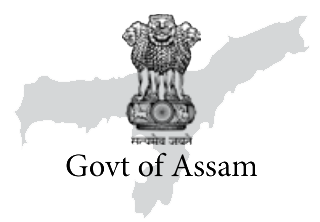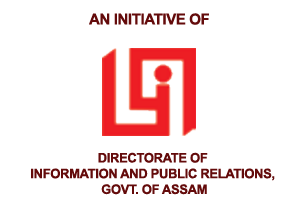After seven years as a student in Cotton College (now Cotton University), I never imagined myself to be teaching within the education system in the US. My regards to all my educators thus far and to all who have taught me throughout my journey as an individual. When I look back at those yonder years, memories of my high school teacher calling me out for daydreaming to my college professor, Dr. Sabitry Bordoloi, asking me to do research on Fejervaria limnocharis (A species of frog endemic to Assam), everything was a life changing moment. I learnt from people who cared. I am a lifelong learner and learn from every moment of my life, as a mother, educator, researcher and as a forward thinker.
The Covid pandemic has paved paths for policies and focus for 2022 and beyond. Memorization of content is no longer a viable way, if ever it was, to prepare students for life skills that they need to be successful. Skills important to supplement their learning like critical thinking, problem solving, communication, comprehension, etc., are integral part of education. The Global Education Policy emphasizes the need for competencies or “breadth of skills” beyond literacy and numeracy within the UN Sustainable Development Goal 4 (UN SDG4) to be met by 2030[1]. This is now being reflected albeit slowly in national education policies across the world. As the co-author of the corporate handbook for SGD4 to be released in 2030, I am intricately involved in communicating these skillsets like the one mentioned in the “Skills of a Changing World” [2], a project at the Center for Universal Education at the Brookings Institution.
As an experienced educator both in the Indian and the US system, I feel that the emphasis should be more on these life skills of the students through professional development of the teachers and identifying the critical areas of each of the education systems. As myriad of problems plague our schools, to be proactive and look for changes that can be brought at the grassroots is very important. Problems relating to education systems like mass illiteracy, wastage of resources, neglect of local languages, expensive higher education, socio-economic conditions of the parents, etc., can be tackled with a proper vision. Everything boils down to the educator and their passion. I personally spend over 30-plus hours in a week interacting with my students outside of my work hours, showing them I care; showing them that they can communicate with me anytime and also creating a safe environment for them to be in. This is very important for a student to feel that, irrespective of the problems outside the school environment, they are learning life skills that will help them succeed in the future.
Given that each child is unique, our schools need to find ways to create that space where the child is not just given an academic curriculum but also an opportunity to find her passion early in life. The child’s expectations should be given priority with proper mentoring and teachers with proper training should be empowered to identify the uniqueness of the child. Science, Technology, Engineering, Arts and Math (STEAM) should be part of their lives and not just in books. Let’s teach them that mixing colours for art classes is in fact science. In a cricket match, the spin of the ball and the contact of the ball with the bat is science. The Masor Tenga and our reaction to it in our daily cuisine is nothing but a combination of chemical signals in the tongue along with, of course, the fact that we all are kharkhuwas not just because we love it but because of the weather conditions we live in and that is Science. Let’s see things in a different light and not approach our curriculum as compulsive studies for a grade but make it an adventure through creative teaching practices and innovativeness of the educators. Invest in them, and not just technology or technology startups!!!. These startups will happen if the students are given opportunities to think beyond their curriculum. Let me assure you that they will prosper beyond our wildest dreams and become entrepreneurial and solve real world problems in an innovative way.
LETS INVEST IN OUR TEACHERS !!
- United Nations. (2016). The Sustainable Development Goals Report. Retrieved from http://unstats.un.org/sdgs/report/2016/The%20Sustainable%20Development%20Goals%20Report%202016.pdf
- https://www.brookings.edu/series/skills-for-a-changing-world/
(The author is a 2022 TIME Celebrated Innovative Teacher who is engaged with STEAM Education through her Dream Research Innovative Problem/Project Based Learning (DRIPBL) platforms. She teaches at Arizona College Prep-High School in the USA.)













